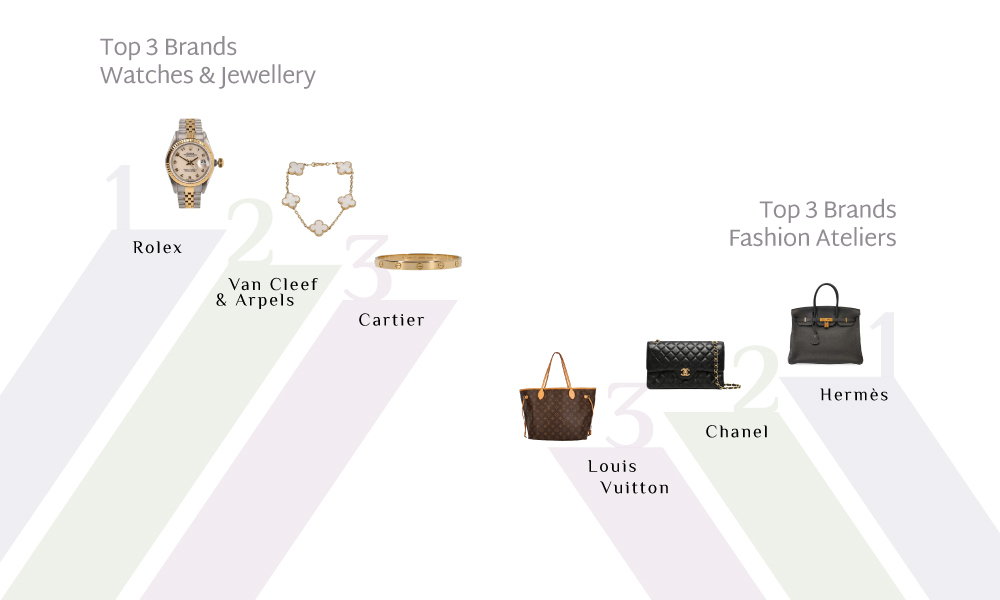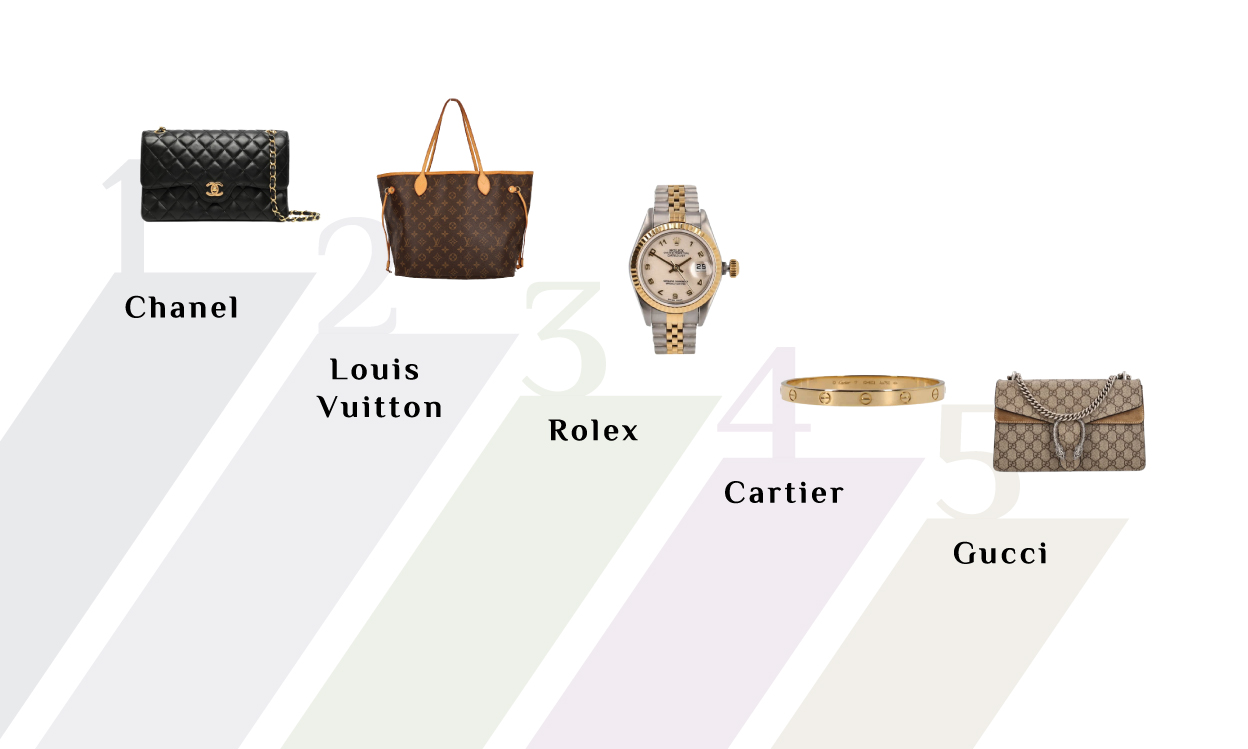How Exchange Rates Affect The Price Of Luxury Goods In SA
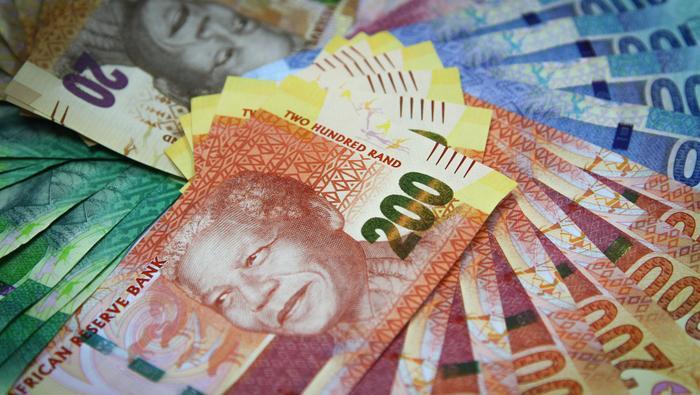
When it comes to getting great value out of your money, it matters how much your money is worth, especially when buying luxury goods made by international designers and luxury brands based in USA and Europe.
It helps when the exchange rate is in your favour, but how do you get more bang out of your buck when the rand is weak and COVID-19 is limiting your options? With these helpful tips and tricks, you can make the exchange rate your best mate, instead of the doom of your fashion fate.
Weak Rands Mean Less Grands
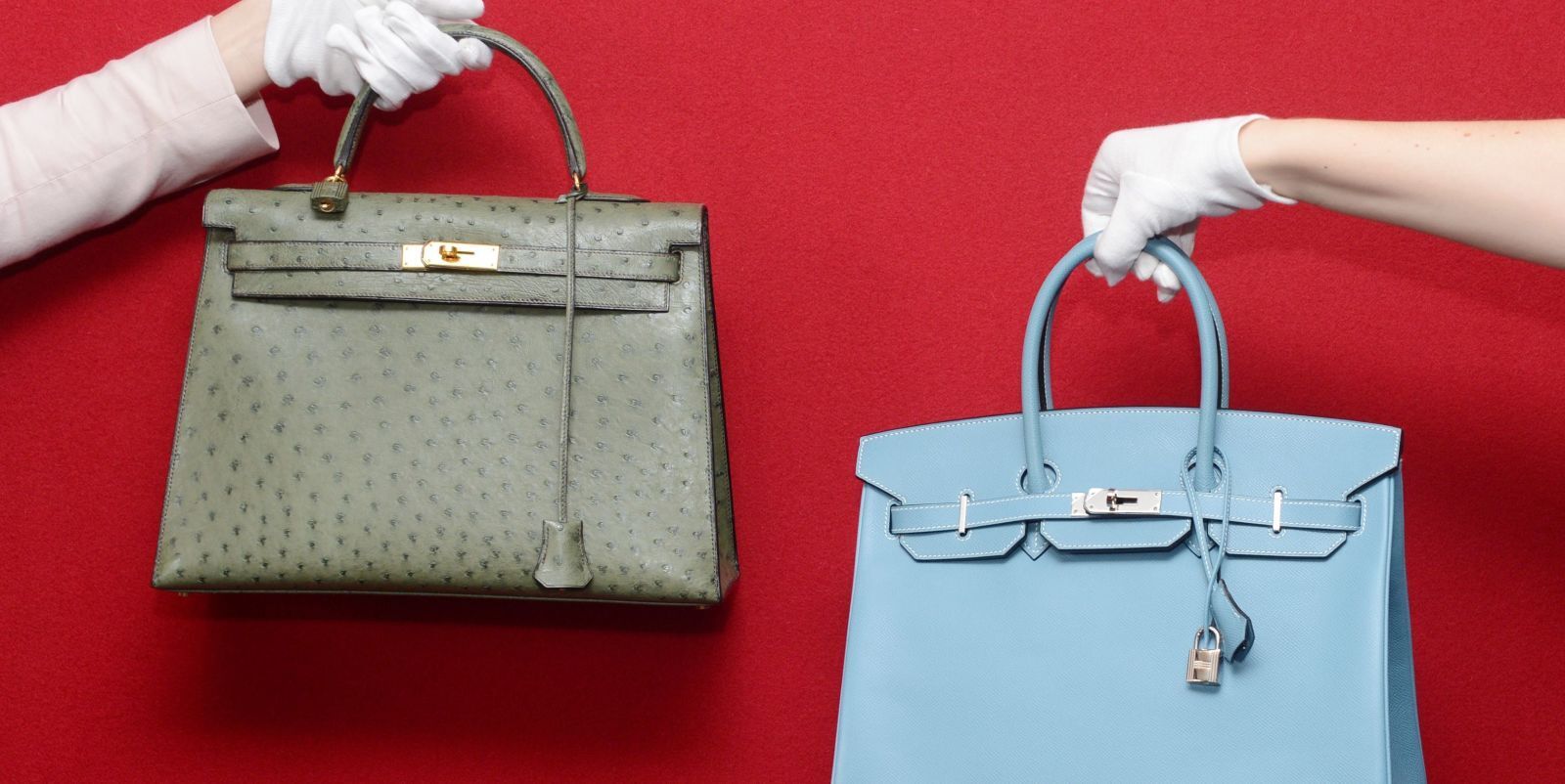
In January 2020, the South African exchange rate was R14 to the US Dollar, as of late April 2020 it sits at nearly R19 to the dollar and some analysts are warning that, due to the catastrophic impact of the coronavirus on the economy, it could breach the R20/$ mark in the near future.
This means that buying a $10,000 – $50,000 Birkin bag from Hermès would cost around R200,000 – R1 million. While designer handbags are meant to be status symbols of wealth, it never hurts to hunt down a bargain that can save you few bucks. Hence we can say that now is the best time to be on the lookout for great deals and discounts.
Lockdown Locks Up Luxury
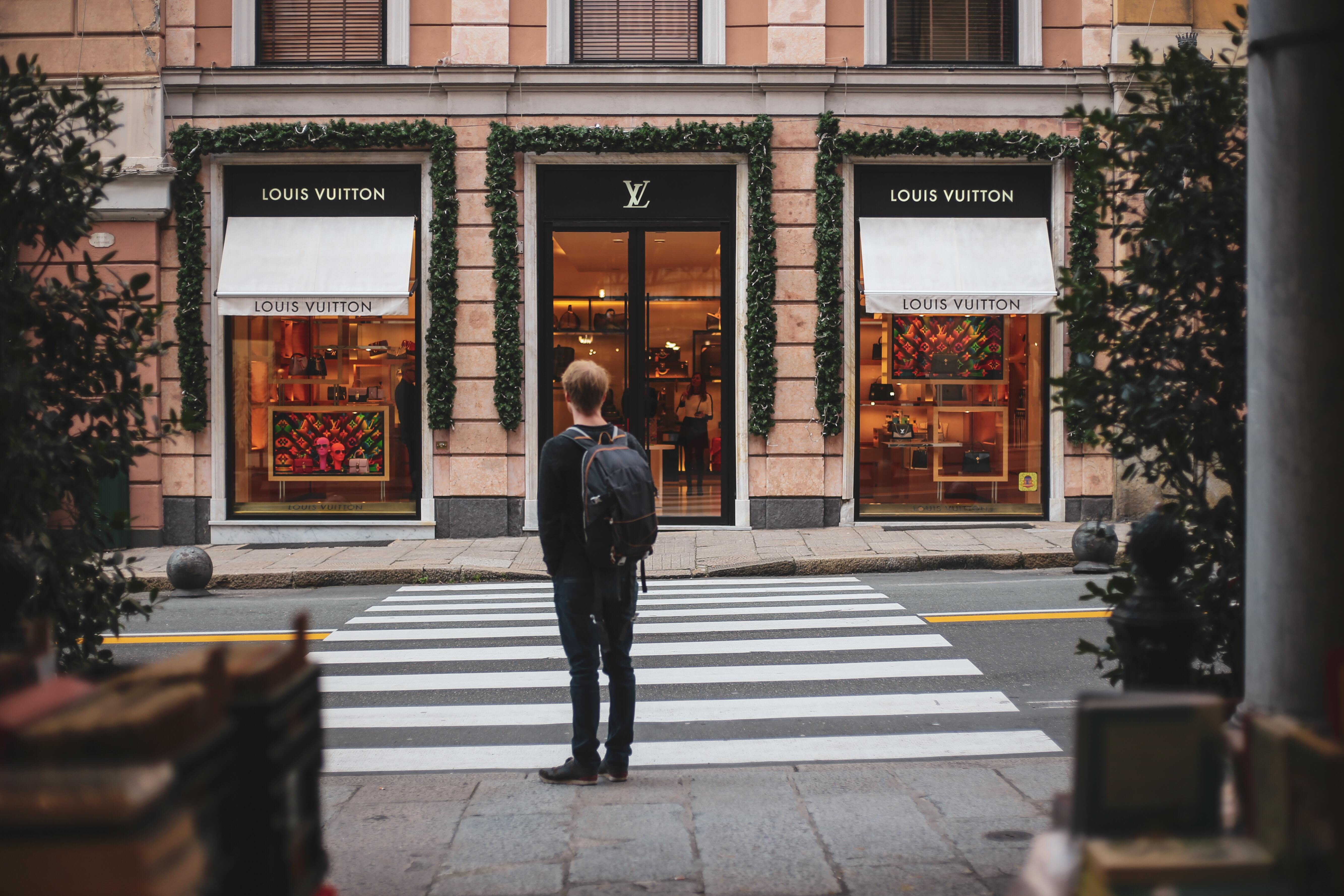
South Africa’s weakened exchange rate is largely owed to the global coronavirus pandemic and the nation-wide lockdown’s negative impact on our economy and international trade. Another major contributor to the weakened exchange rate is Moody’s downgrading SA to junk status in late March 2020.
South African businesses are struggling to succeed with their storefronts closed and revenue streams restricted by the rules and regulations imposed by COVID-19’s lockdown. Even international brands like Louis Vuitton and Burberry have to abide by lockdown laws and lock up their local brick-and-mortar stores.
So how can you update your look during lockdown? While the sale of “non-essentials” is restricted and your favourite designer flagship stores are closed, you can still get your daily dose of retail therapy – digitally of course! Online retailers like Luxity are still operating online during lockdown and can offer an “outlet” for your pent-up designer cravings.
The Dollar That Makes You Holla
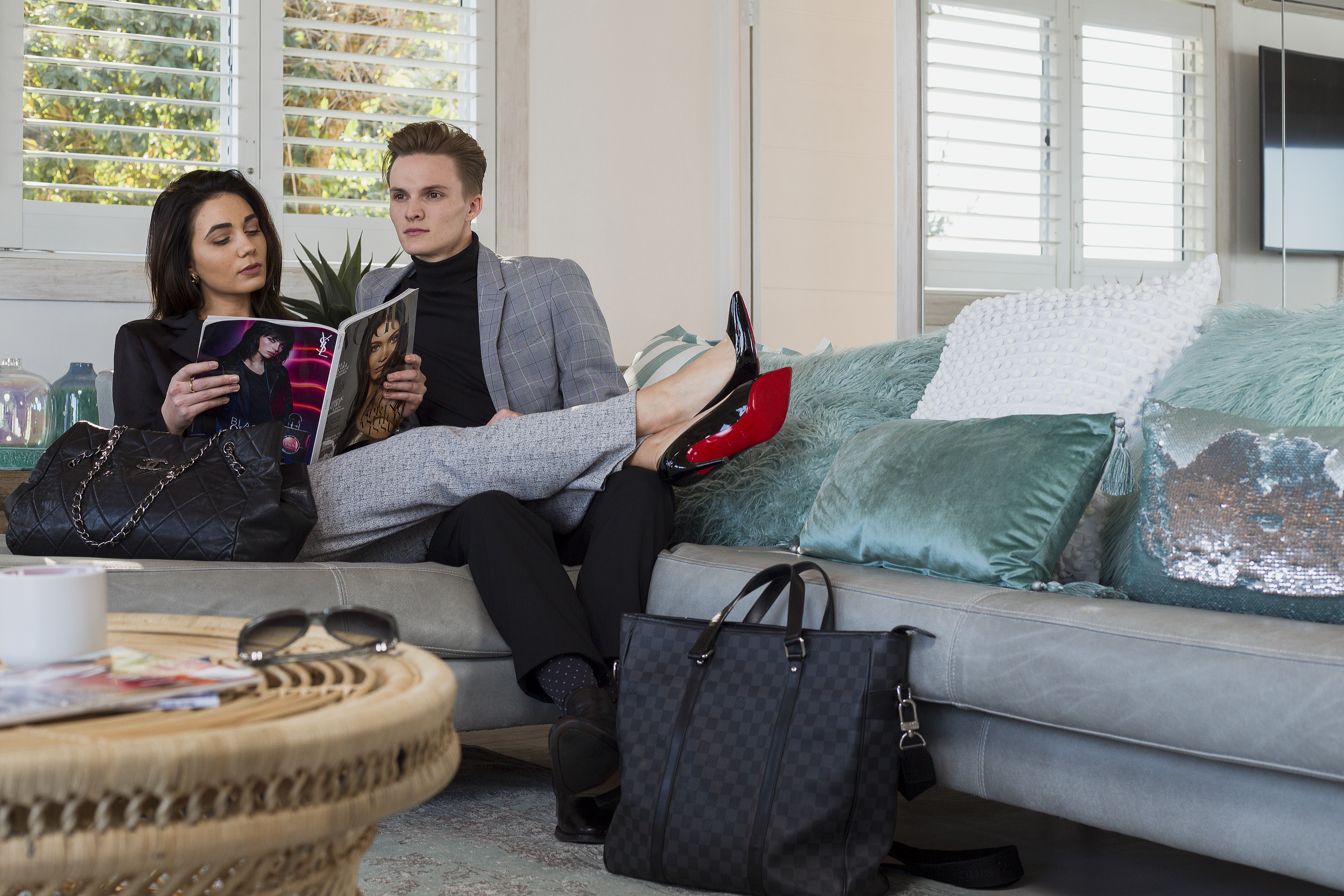
When it comes to making a good long-term investment in luxury goods, it’s important to invest in high-quality items made by designer brands with the best resale values, like Christian Louboutin, Gucci and Chanel.
Buying luxury goods from these brands is a good investment because they often appreciate in value over time, so when the time comes to update your look, you can sell your luxury beauties for a profit and then re-invest that back into your closet. Investing in timeless luxury items is also a lot more fun than playing the risky stock market – and it doesn’t hurt that you look like a stylish millionaire, while you’re making your stacks.
Second-hand Saves The World & Your Wallet

The pre-owned fashion industry is not just a more sustainable and eco-friendly alternative to buying fast fashion from retailers like H&M, who burn billions of dollars-worth of inventory at the end of every season.
Buying pre-owned luxury goods from trustworthy resellers also allows you to buy authentic designer goods for a fraction of their retail value. While the rand is weak against other currencies, buying your luxury goods with local currency from a local provider isn’t nearly as dependent on the fluctuating exchange rate.
Local Really Is Lekker

A weaker rand increases the cost of imported products, so importing luxury goods from overseas is more expensive now than ever. The exchange rate of the weak rand to dollar makes each imported product even more expensive than usual.
Not to mention the additional costs, like shipping, which can be outrageously overpriced, especially if you want to ensure it gets transported without being damaged. Then on top of all of that, customs will then charge a percentage of the value of that product, and that percentage can be as high as 45% for certain luxury goods.
You’ve heard that buying local is lekker! This is because supporting local businesses actually makes SA’s economy and currency stronger. Take Luxity for instance, they strictly source from local sellers and pass this benefit onto the end consumer by charging less than purchasing internationally would. Buying locally won’t just help the rand recover, it will save you mountains of money. Supporting local businesses means you don’t have to worry about the exchange rate, shipping costs or import duties.
Locally Sourced, But Make It (Imported) Fashion
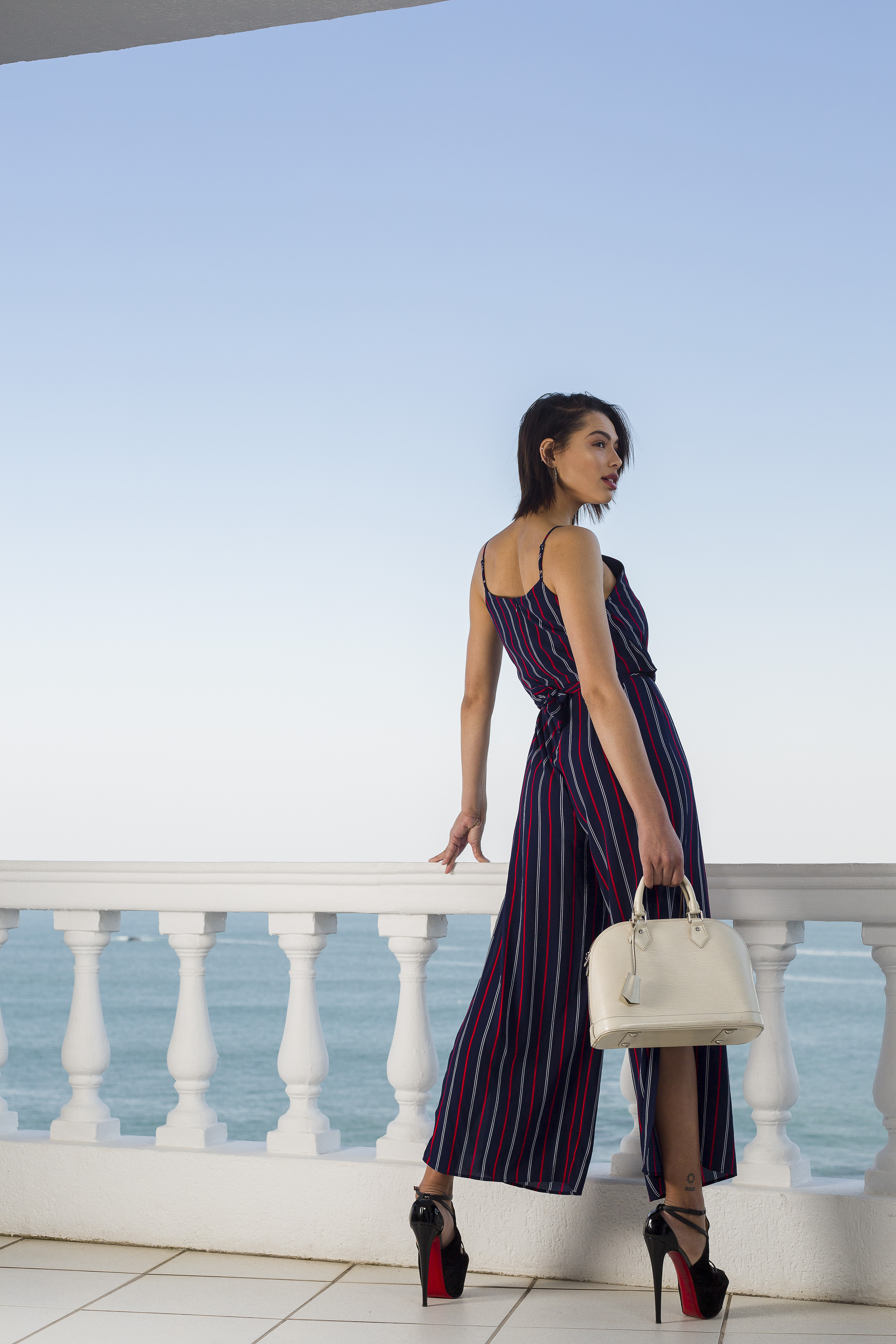
Buying your luxury goods locally doesn’t mean you have to forget about your favourite international brands either! You can still buy your imported bags, shoes and accessories locally from luxury resellers like Luxity.
So… Shop until that exchange rate drops, and if anyone asks why you’re dripping in designer, tell them you did it for your country!
[products category= cat_operator=”AND” columns= “3” Limit=”6″ order=”Desc” orderby=”date”]

